Between survival television shows, online videos, movies, blogs, novels, magazines, the appearance of new survival experts, and oldwives tales, there is a huge amount of information out there as it pertains to survival situations. A lot of it is good. And a lot of it is bad.
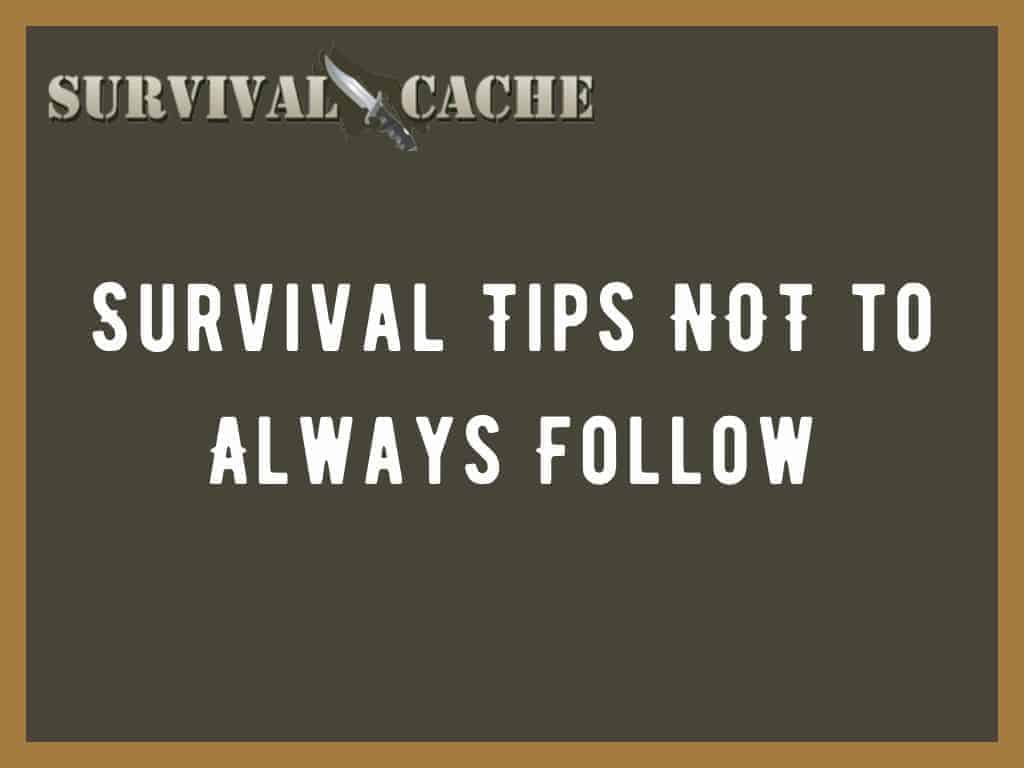
When it comes to survival tips many of them and the reasoning behind them sound good. And to be fair, in some circumstances they may have some value.
The problem arises when we take these tips at face value without using critical thinking skills. This becomes even more problematic in a survival situation where fear, hunger, thirst, injuries, and overall fatigue can easily cloud one’s judgment.
I decided to put together a list of popular survival tips that have some merit and ones that I flat out will not follow.
SKIP AHEAD
Survival Tips To NOT Follow
1. Turning your knife into a spear
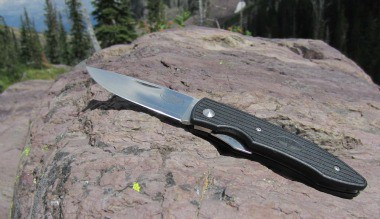
This one drives me up a wall. At some point in almost every survival show this rears its ugly little head. The host shows you how to make a spear by lashing their knife to the end of a stick. Usually this is to create a defensive weapon to create distance between them and predators in the area.
Great, so I should take one of the most important survival tools I have, tie it to the end of a stick and use it to ward off lions, tigers, and bears? (oh my) If I do encounter a predator and use this tool there is a good chance of losing my knife.
Plus, if there are sturdy enough sticks around to do this why not use the knife to carve a spear point on the end of the stick and keep my knife safe?
2. You must get a fire going
Okay so this one certainly has value to it, but critical thinking must be used. There is a multitude of benefits to getting a fire going that I will not get into because we all know them.
The problem arises when someone thinks they must create fire to survive the night. The truth of the matter is if you have decent clothing, can shield yourself from the elements and the environment is not too harsh, you will most likely survive the night.
You need to know your limits when it comes to wasting precious resources, time, and energy on fire versus finding shelter.
3. Baton cutting wood with a knife
This is another one that kind of makes my eye twitch. For some reason it has become popular to use a heavy branch or log to beat on the spine of a knife in order to drive it through another piece of wood. It seems the main purpose of this is to create kindling for a fire. There is absolutely no need for that, and I do not fully understand it.
Knives simply are not meant to be used seriously in that manner. Using a knife like this dramatically increases the chances of it breaking. I apologize for repeating myself, but a knife is one of the most important tools to have in a survival situation. Why would I want to risk breaking it? The answer is I would not.
4. Moss always grows on the north side of trees
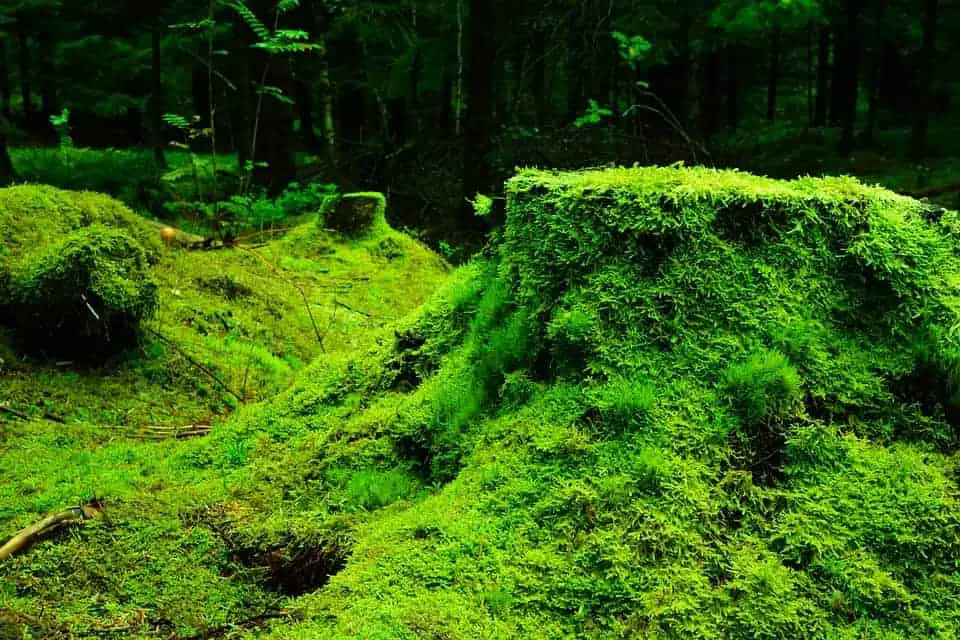
I have heard this one off and on ever since I was a kid. It is one of those sayings that initially sounds good and yes, I have seen moss grow on the north side of trees.
I have also seen it grow on the south, east and west side. Not to mention some trees that have moss growing around the entire trunk. Moss will grow on the side of a tree that is most favorable to growing conditions. This is not a tip to fully rely on.
5. Don’t Drink Unfiltered Water
I am probably going to get into some hot water (no pun intended) on this one but let me first say that I am not advocating the practice of drinking unfiltered water in the wild. What I am advocating is the use of critical thinking skills.
Before explaining, make sure to read the different urban myths about drinking water in the wild.
Here is a scenario.
- I have a source of water in front of me and it is the only water available.
- I have zero means of filtering or boiling it.
- I know that the most common pathogens in this region will not affect me for several days.
- I also know that beyond a shadow of a doubt help is only a two-day hike away.
- Lastly, I am beyond dehydrated.
So, I have two options. Number one is to not drink the water and risk dying from dehydration. Number two is to drink the water so that I can walk out and then seek medical treatment.
Again, as a rule you should not drink unfiltered water. But if you have intimate knowledge of the region you can decide what is best for you.
6. Always travel downhill or downstream
Traveling downhill or downstream offers certain opportunities over higher altitude and civilization is generally located along water ways
But critical thinking skills must be used. If you know help is located a few miles upstream why would you travel 15 miles downstream?
7. Follow signs of civilization
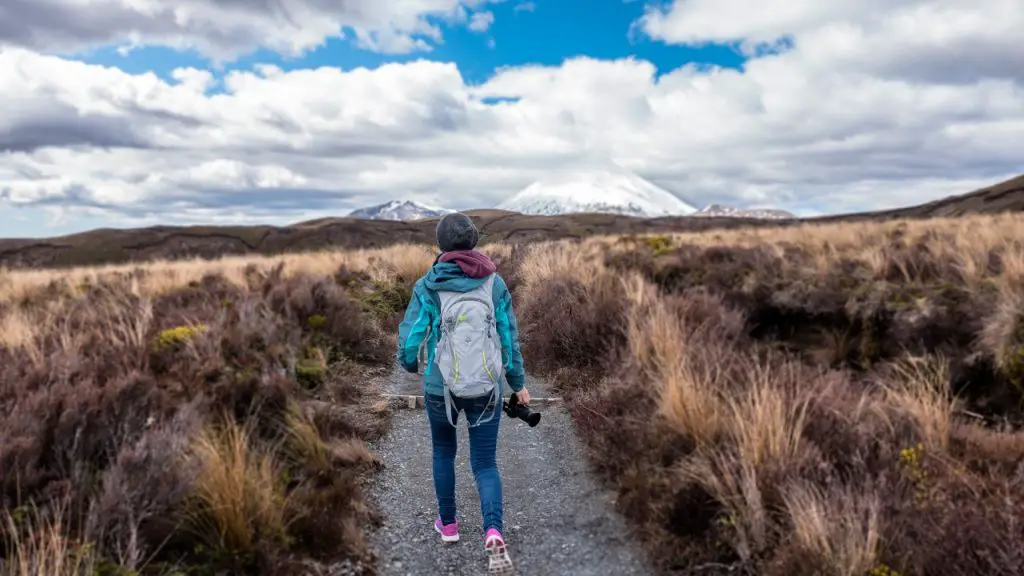
This completely depends on your knowledge of the region. Should you come upon a railroad track, an old dirt road or some other form of civilization, you must ask yourself one question. Should I follow these signs or continue a known path to safety?
A railroad track could continue for hundreds of miles before reaching a safe point. Whereas continuing your current path could lead you to safety within a few miles. Always take a moment to think about your situation before blindly following the most comfortable path.
8. Do not travel at night
Traveling at night obviously has certain dangers that daylight travel does not have. Primarily you cannot see as well. There is an increase opportunity for injury and stumbling into a predator’s territory.
However, in extremely hot regions nighttime travel may be a more efficient option. The cooler temperatures will allow you to faster travel without using up as much water or the fear of heatstroke.
9. Going after prey that can hurt you
This is something that needs to be considered more as it relates to your energy levels and capabilities. For instance, most freshwater fish do not pose much of a physical threat to you when they are fished for.
Whereas a bear, deer, or boar, can put you down for the count. I once walked up to a whitetail deer that I thought was dead. Unfortunately for me, it still had some life left in it and a quick hoof to the chest put me on my back. Luckily, I only had the wind knocked out of me and walked away with just a bruise.
Do not let hunger get the best of you. Think about the possible consequences of what you choose to go after before putting yourself in the danger zone.
10. Eating wild berries

When asked what you would eat if you were lost in the woods, I still hear people say, “berries and stuff.”
The fact of the matter is that if you know your wild edibles and you are in a favorable part of the season then there should be no reason for you to go hungry in the woods. However, the sad truth of the matter is that most people do not know their wild edibles so they risk eating poisonous food.
11. Drinking urine
Um, no. Just no.Urine has waste products that the body is trying to get rid of. By drinking it, the waste products become more concentrated in the body causing dehydration to occur faster.
I have heard the argument that urine is sterile, and it is made up of mainly water. Do you know what else is mainly made of water? Sea water. But we don’t’ encourage people to drink salt water. Additionally, there is the risk of vomiting when trying to consume your own waste products, which causes further dehydration.
12. Finding food right away
We can survive for three-plus weeks without food. While you should always keep your eye out for food sources along the way, I do not think it is a priority to catch food early on.
Priority issues include finding water, maintaining core body temperature, getting a fire going, and coming up with a plan.
13. Friction fires are easy
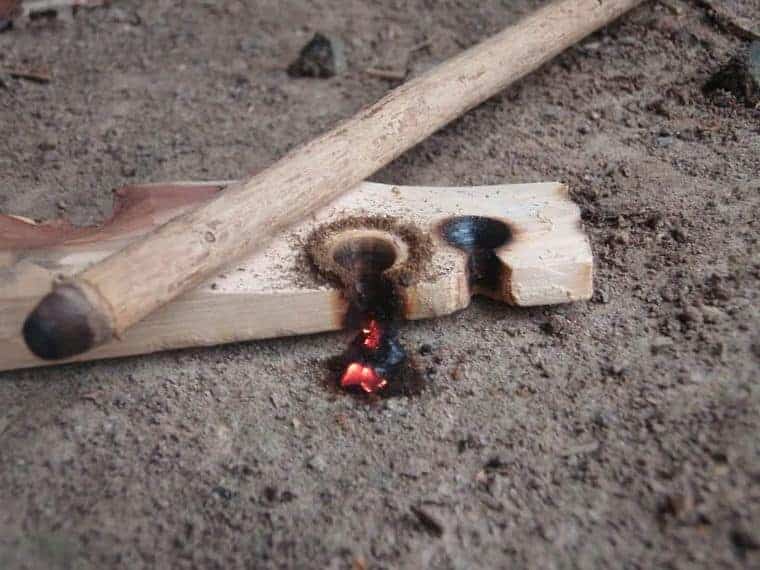
Anyone who thinks they can ditch a lighter and matches because they know how to make a friction fire is seriously kidding themselves.
Practicing friction fire methods during ideal conditions with the right materials is tiring and tricky. In a survival situation things become more complicated when it is windy, raining, snowing, the right materials can’t be found or the right materials are damp, sweat from your nose falls and puts out the ember you had been working, do I need to go on?
I love learning “primitive skills,” and friction fire methods are a skill everyone should know. But please, if you are not experienced in them do not kid yourself into thinking they are easy.
In the End Follow Critical Thinking
In this age of instantaneous information, we tend to quickly accept everything as fact. Unfortunately, that is not always the case. Certain information can have some validity to it, but critical thinking skills must always be engaged! Blindly accepting information without a little research and fact checking can lead down a dangerous path, especially in a survival situation.

